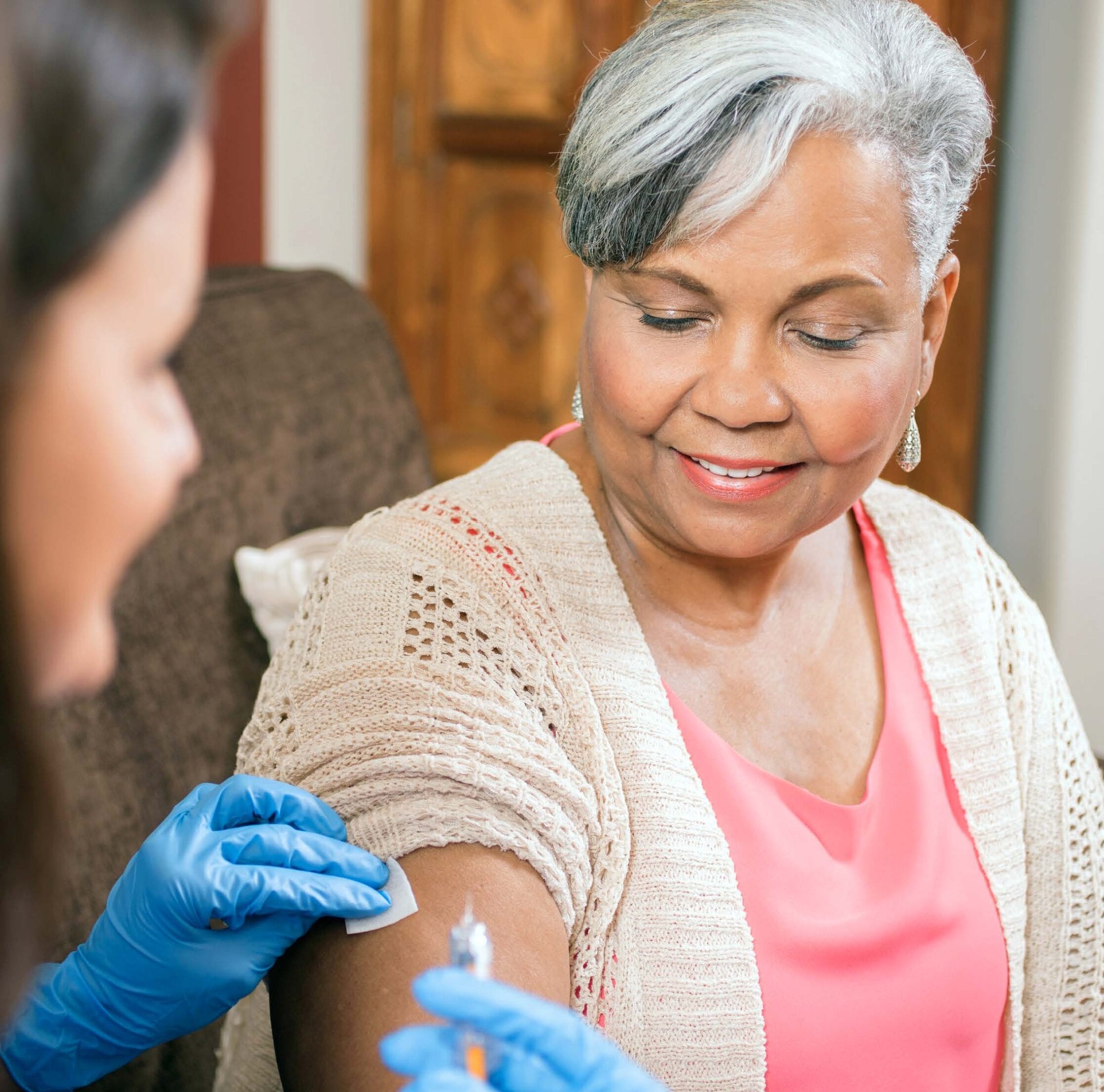The Essential Role of Physicians in Immunization
By Lisa Foster, AVAC Co-Manager
Physicians and other health care providers in the community are the experts we turn to when we are sick and are in need of medical advice and care. We also look to providers for information and education on how to improve and protect our health and overall wellbeing.
It should come as no surprise then that patients are far more likely to receive an immunization when a provider has recommended it. Vaccines are an essential tool in a medical professional’s arsenal of preventive health measures as they strive to keep Americans of all ages and walks of life leading healthy and active lives. However, their ability to offer immunization services to older patients was threatened last year when the Medicare physician fee schedule from the federal Centers for Medicare and Medicaid Services (CMS) included a proposal to reduce the portion a provider receives for administering a vaccine by 15 percent in 2020. The Adult Vaccine Access Coalition (AVAC) joined with other professional organizations representing physicians to successfully persuade the Administration to put the potentially devastating reduction on hold.
Vaccines are an important public health imperative and ensuring that immunization providers are properly reimbursed is essential to timely and sustained immunization practices. One of the reasons why vaccines are so effective is that they can be brought straight to patient in so many different settings, whether via health care providers in physician offices, walk-in clinics, rural and community health centers, public health clinics and employer-sponsored health clinics and fairs. These are all important opportunities to ensure that recommended immunizations reach all patients who need them.
Yet, a recent article in the journal Vaccines notes, “A number of studies have documented that physician practices feel they face financial challenges in providing adult vaccination, such as inadequate reimbursement, delays in receiving reimbursement, uncertainty in forecasting vaccine needs, and substantial expenses in acquiring and maintaining vaccine stock.”1 These factors have driven many providers to consider discontinuing or limiting vaccine services to patients. And if providers in these settings are not adequately reimbursed for administering vaccines, it puts the public’s health at risk: studies show that inadequate reimbursement for vaccination administration result in missed immunization opportunities and lower immunization rates.2
The most recent proposed reduction in the physician administration fee under Medicare is regrettably not the first assault on reimbursement. In 2013, Medicare providers received $25.86 for each vaccine administered. Over the past several years, that rate has slowly eroded. If CMS’s proposed rule had gone into effect, providers in 2020 would have only received $14.42 per vaccine — a 44 percent reduction in reimbursement at a time when practice expense costs have been increasing, not decreasing.
Providers have a duty and a commitment to helping older adults to live long, healthy and independent lives. AVAC and its partner organizations remain dedicated to ensuring providers that receive adequate Medicare reimbursement for recommended vaccines and that patients have access to this important prevention service. The health of every American depends on it.
Sources:
1. https://www.sciencedirect.com/science/article/pii/S0264410X19311302?via%3Dihub
2. https://www.aafp.org/dam/AAFP/documents/patient_care/nrn/loskutova-missed-opportunities.pdf
